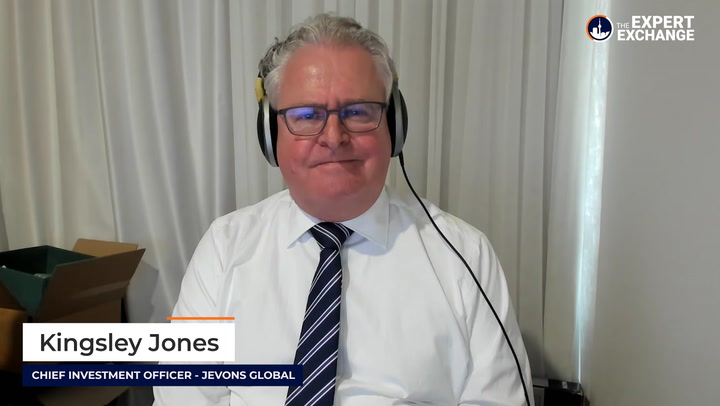- Australia has taken a veiled swipe at China’s aggressive territorial claims in the South China Sea during a virtual meeting with European Union leaders
- Prime Minister Scott Morrison released a joint media statement with European Council President Charles Michel and European Commission President Ursula von der Leyen in which they spoke to a range of current international concerns
- Among talks of COVID-19 vaccinations, climate change action, and global digital transformation, South China Sea conflicts were discussed
- Specifically, Australia and the E.U. agreed to “enhance cooperation” in the area to promote security and prosperity according to international law
- China was not mentioned directly, but Australia has openly rejected Beijing’s claims in the area over the past several months alongside the United States and the United Kingdom
- The move has brought in backlash from China and soured relationships between Canberra and Beijing
Conflict in the South China Sea has been raised as an international concern alongside climate change, terrorism, and COVID-19 in a virtual meeting between Prime Minister Scott Morrison and two key European Union (E.U.) leaders
The Prime Minister released a joint media statement with European Council President Charles Michel and European Commission President Ursula von der Leyen in which they spoke to a range of current international concerns.
The leaders reaffirmed the bilateral E.U.-Australia Framework Agreement and the regions’ shared commitment to democracy international rule-based order.
Among talk of the E.U. and Australia’s $26 billion COVID-19 vaccine fundraising and the ability to adapt accelerating digital transformation, the Prime Minister took a veiled swipe at China over its aggressive activities in the South China Sea.
The media statement said the leaders have agreed to “enhance cooperation” to promote shared interests in security and prosperity in the Asia Pacific region.
“The leaders expressed serious concern about the unilateral and destabilising actions in the South China Sea and underlined the importance of upholding international law, particularly the United Nations Convention on the Law of the Sea,” the Prime Minister said.
He said the leaders will work together to encourage openness, transparency, a rules-based framework, good governance and respect for sovereignty and international law.
While China was not mentioned directly, the escalating tensions in the South China Sea area and China’s defensive response to international condemnation mean it’s likely the PM’s comments were pointed in the Eastern giant’s direction.
What’s the South China Sea conflict about?
A simplified explanation of the conflict in the South China Sea is that all surrounding nations are claiming certain parts of the area as their own. The issue is that several areas are claimed by more than one nation.
Yet, no country claims as much of the area as China, which insists it owns almost all of the two-million-square-mile territory.
To back this claim up, China has been building military fortifications on natural and artificial islands across the area — a move which has brought in harsh criticism from countries around the world.
In July, U.S. Secretary of State Mike Pompeo labelled China’s claims in the South China Sea are as “unlawful” and accused Beijing of bullying smaller nations in order to control them.
“The PRC’s predatory worldview has no place in the 21st century,” Secretary Pompeo said at the time.
Australia joined the U.S. in openly rejecting Beijing’s South China Sea claims two weeks later in a letter to the United Nations. In the letter, the Australian government said China’s actions go against international law, citing the 1982 United Nations Convention of the Law of the Sea (UNCLOS).
As such, this week’s agreement to enhance cooperation in the area seems to be directly aimed at China and its aggressive claims.
China hits back
Beijing has not shied away from the international criticism but frequently hit back at its accusers.
The Global Times, a tabloid paper operated by the Chinese Communist Party, has called the United States the world’s “largest manipulator” and accused the Trump administration of intentional citing conflict in the South China Sea.
China has also slammed the United Kingdom and Canada for their “anti-China” activities and has gone as far as to call Australia “Washington’s little lackeys”.
In fact, the Prime Minister’s comments this week come just a day after the Global Times attacked Australia’s latest warning to China against “pressure or coercion”.
“Australia has tied itself onto the U.S.’ anti-China chariot,” the paper said.
“But it has suffered great from its own actions. Now, it has parroted the tone of Washington and blamed China for not reflecting on itself. This is nonsense,” it continued.
This marks a continually souring relationship between Australia and China, with tariffs and trade tensions being imposed by China as Australia pushes for an investigation into the origins of COVID-19.






